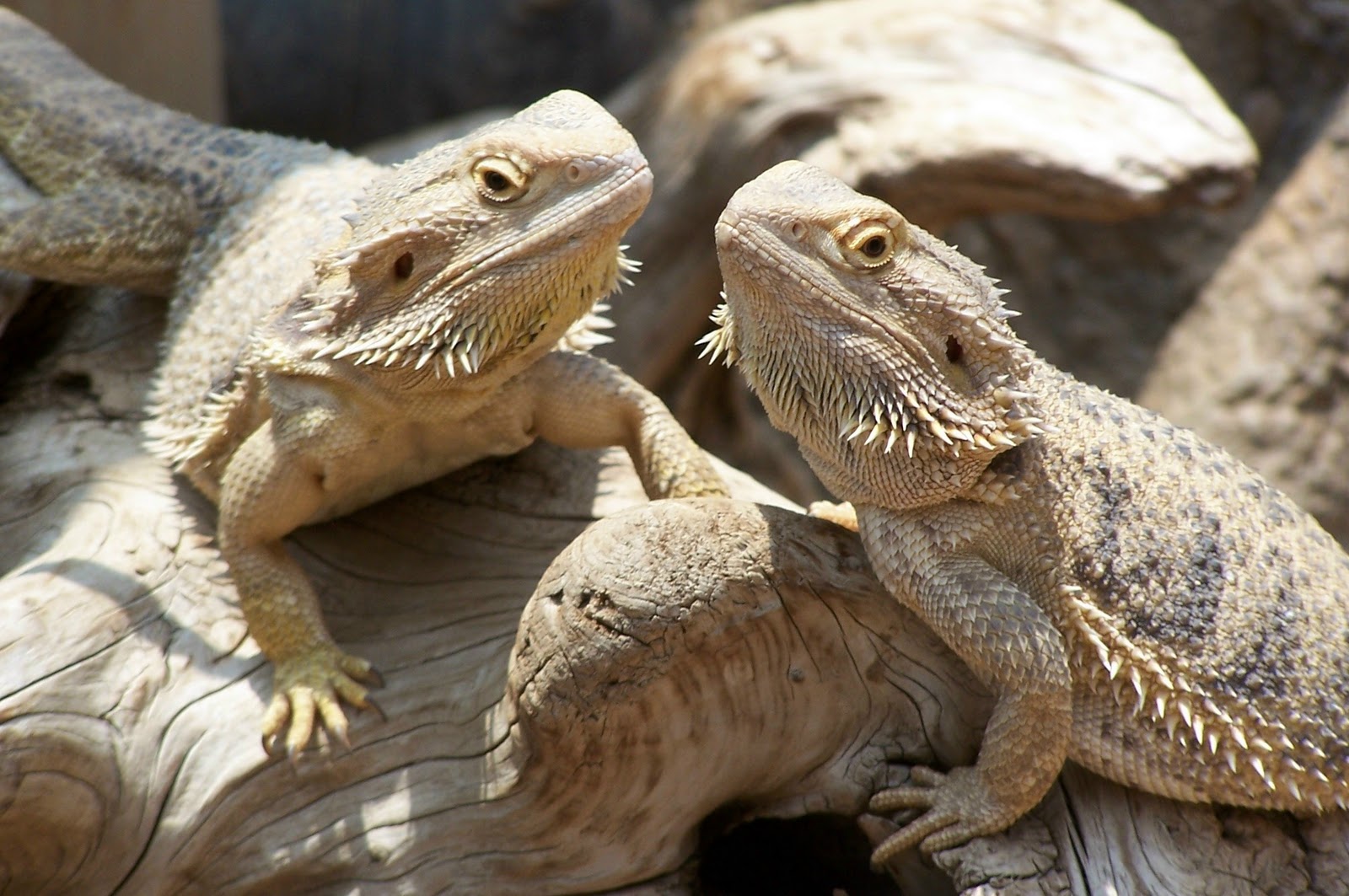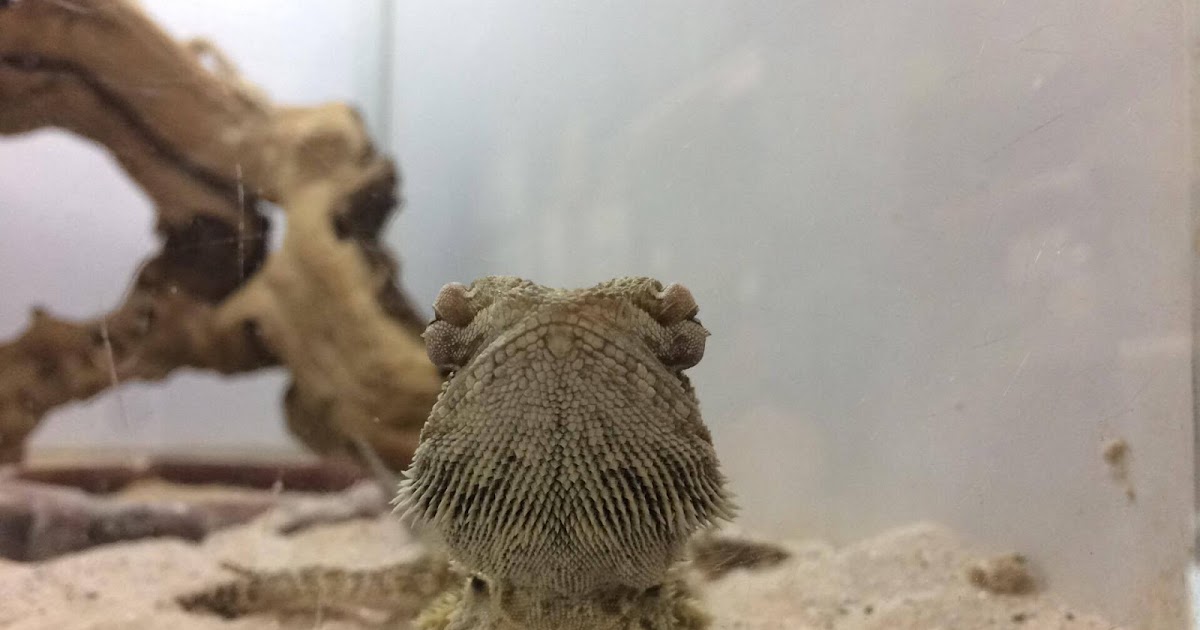Why Your Bearded Dragon’s Swollen Beard Needs Your Attention - A Beginner's Guide
Why Is Your Bearded Dragon’s Beard Swollen?
Bearded dragons, also known as Beardies, are one of the most popular pet reptiles. They are beloved for their docile nature, unique appearance, and low-maintenance care. However, like all pets, bearded dragons can experience health problems - and one of the most common issues is a swollen beard.
A bearded dragon’s beard, also called the dewlap or throat pouch, can become swollen due to a variety of reasons. The most common cause is stress or anxiety, such as if your pet has an unsuitable enclosure or if they are overheated or dehydrated.

Other reasons for a swollen beard may include:
- Fighting or aggression with other bearded dragons
- Injuries or infections
- Impact wounds, such as falling or being dropped
- Difficulty shedding or having retained shed
- Respiratory infections
- Digestive problems
- Metabolic bone disease
How to Tell if Your Bearded Dragon’s Beard is Swollen
A swollen beard in a bearded dragon is fairly obvious; the wattle that hangs down from their chin appears firmer and more pronounced than usual, sometimes to the point of being engorged. Their beard can also appear discolored, red or black, which indicates some type of infection, injury, or disease.
Additionally, if your bearded dragon is showing any of the following behaviors or symptoms, it is a sign of a more serious problem and requires immediate medical attention:
- Lethargy
- Lack of appetite
- Weight loss
- Constipation or diarrhea
- Difficulty breathing
- Puffing up their beard for extended periods
- Blood in their stool
How to Treat a Swollen Beard in Bearded Dragons
If your bearded dragon’s swollen beard is due to stress or anxiety, there are simple methods for resolve the issue:
- Ensure they are drinking enough water and that their enclosure is the right temperature
- Provide them with enough hiding spaces and climbing areas. The enclosure should be large enough that overcrowding is not a concern.
- If your bearded dragon is stressed from being handled TOO much, reduce the frequency and time spent holding them.
For more severe cases, consult your vet who may prescribe antibiotics to handle the infection. Depending on the root cause of the swelling, you may also be advised to:
- Provide medication that is specifically for beardies to supplement or vitamin drops to give to them when they have no appetite or are ill.
- Increase their calcium and vitamin intake, either by giving them sunlight (whenever possible) or by supplements as well.
Preventing Swollen Beards in Bearded Dragons
Prevention is always better than cure. Here are a few things to keep in mind to prevent swollen beards in your bearded dragon:
- Provide the right-sized enclosure with appropriate basking heat and avoid overcrowding.
- Ensure that their diet is correct and they are given enough vitamins and minerals.
- Prevent fighting or aggression with other bearded dragons by providing the right-sized stones or branches or just giving them space
- Look out for their health every day and pay attention to their eating habits, poop, and behavior.

Conclusion: Keep an Eye on Your Bearded Dragon’s Beard
In conclusion - if you notice anything unusual with your bearded dragon’s beard or if they are showing symptoms of lethargy or lack of appetite, then it’s time to seek medical attention immediately. Make sure to provide the right environment for them, provide the right food, and keep an eye on their behavior.
